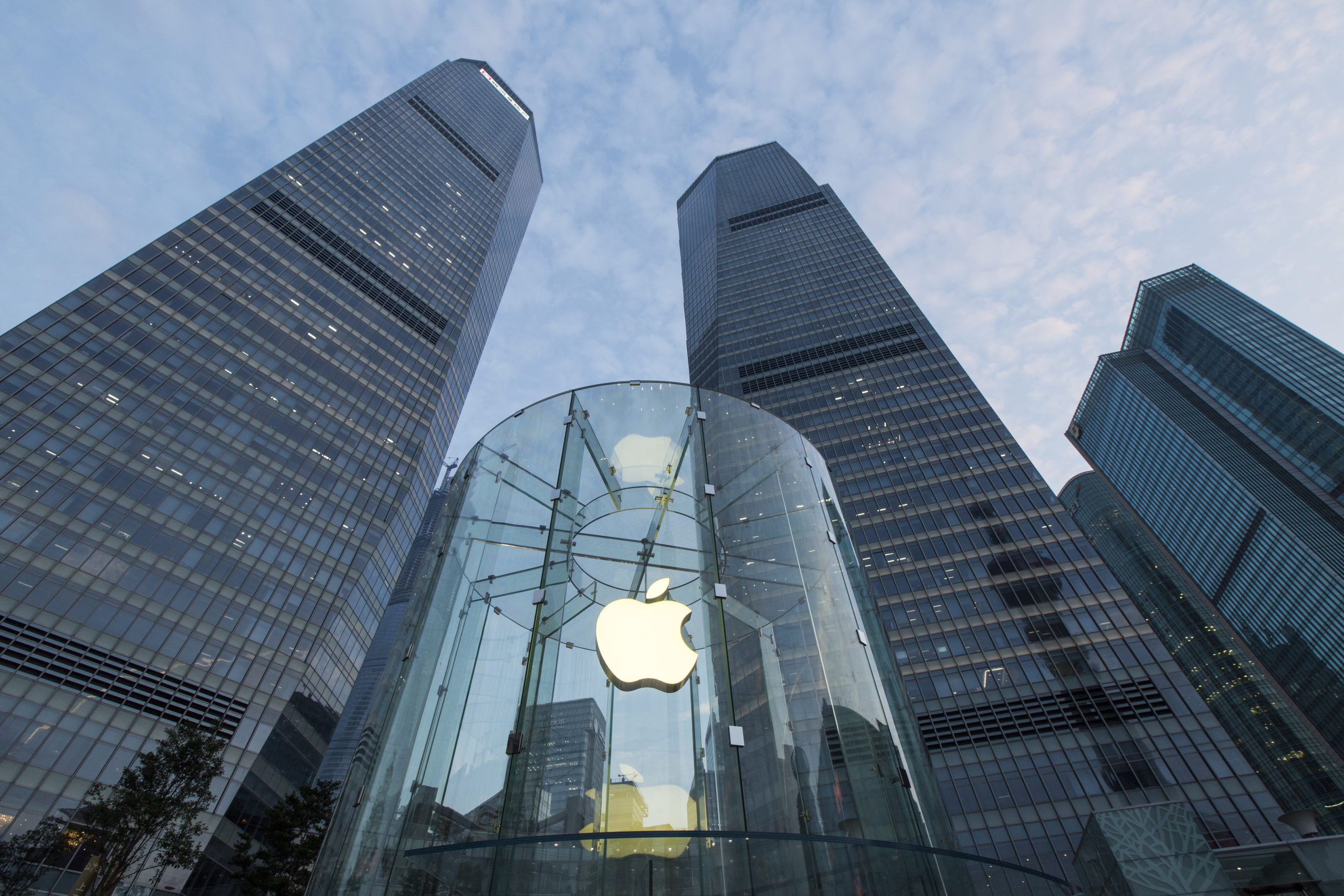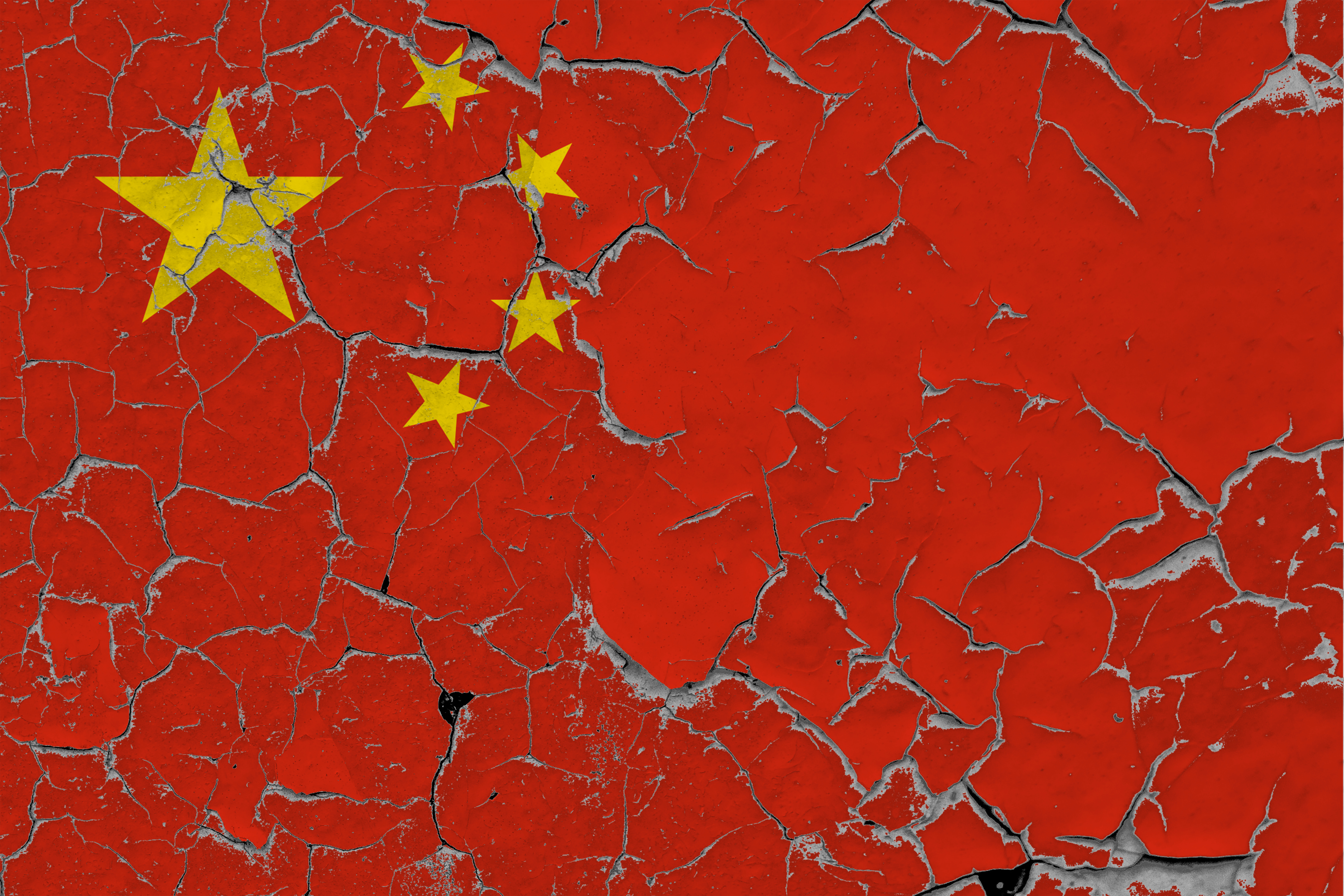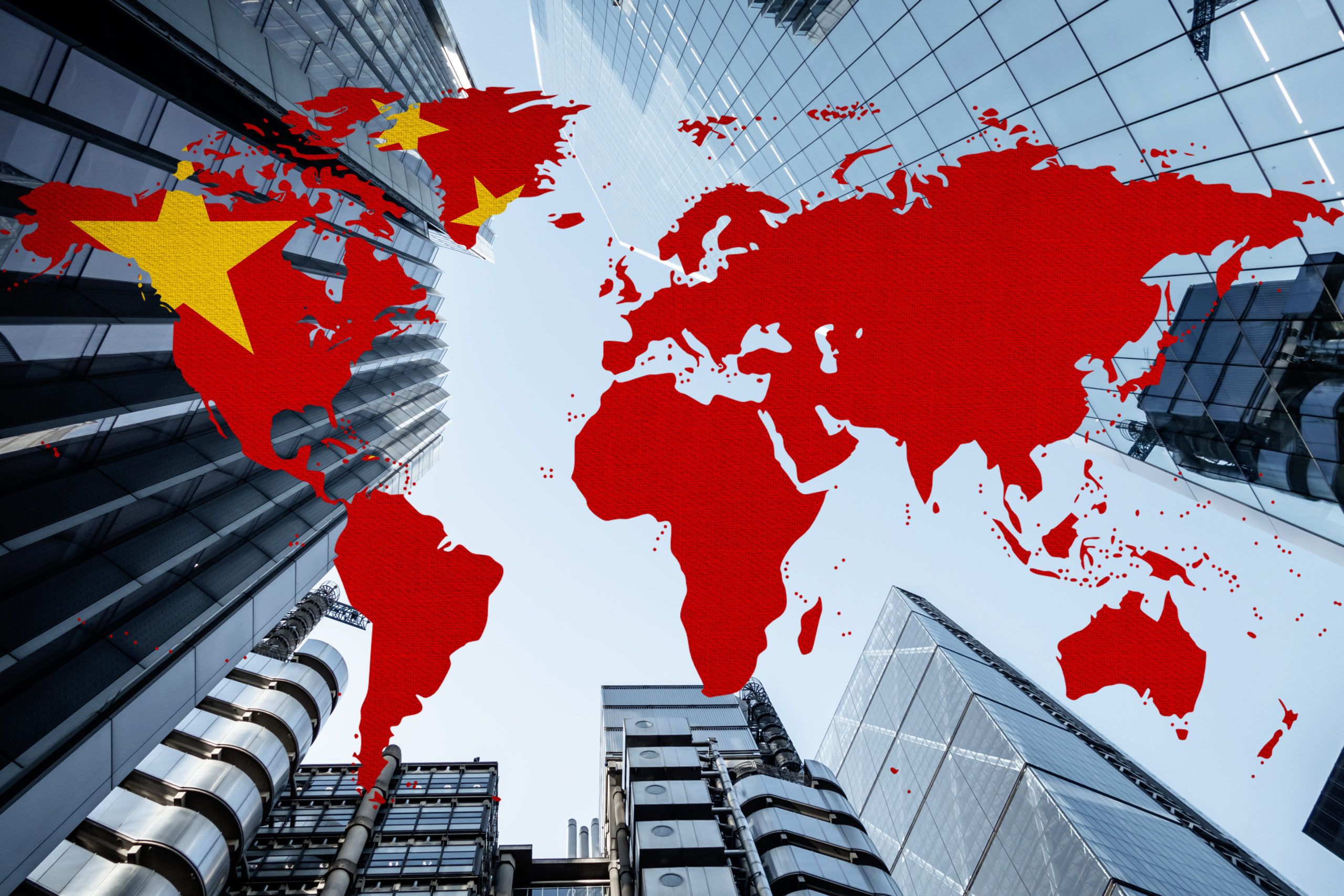Trump’s China policy was working wonders until Fauci and Wuhan derailed it.
OS Mandarin

Leaders in tech, industry, and government systematically turn American innovation against America.
David Goldman is right about three key things. First, the geoeconomic threat from China is real and growing. Second, the U.S. is fundamentally unprepared to meet the threat, in no small part due to a series of choices made over the last several decades by policymakers determined to gut our domestic manufacturing and tech capabilities.
And finally, he is right to frame the argument for economic competition separately from an argument for military hawkishness. We want to out-compete, out-innovate, and out-maneuver China, not start a war.
But in proposing a whole-of-government industrial policy (citing as an analog the Reagan-era DOD-led investments to take on Russia), Goldman misses some crucial aspects of the current landscape that need to be overcome before the U.S. can even consider an institutional, country-wide reckoning with China.
The first has to do with the state of our technocratic elite. Goldman rightly points to this group as having “sucked the marrow out of the United States economy” while enriching themselves. But he fails to examine a crucial aspect of how they have done this: by continuing to intentionally entangle themselves with China.
Consider that BlackRock, the world’s largest asset manager, is also one of the largest American investors in China and would very much like to expand their investments there. In a 2020 letter to shareholders–sent after the COVID-19 pandemic hit–BlackRock CEO Larry Fink called China “one of the biggest opportunities” for the company “over the long term.” Accordingly, the corporation is heavily invested in Chinese firms and various other companies which do business in China. And Blackrock continued to grow its China-based portfolio while serving in an official role advising U.S. administrations and overseeing the Federal Reserve’s emergency debt purchase program.
Meanwhile, huge public pension funds like CalPERS reportedly have more than $3 billion invested in China, including in state and military assets, as well as in companies sanctioned by the Commerce Department for building surveillance and internment camps in Xinjiang. According to the Washington Post, “Ben Meng, CalPERS’s chief investment officer and a U.S. citizen who grew up in China, once was connected to a Chinese Communist Party recruitment effort called the Thousand Talents Program…[and] admitted his past connection to Thousand Talents” in 2020.
As long as titans of American finance can simultaneously invest massive sums in China’s success, and occupy positions of power and influence over government financial matters, any attempt to equip America’s economy against China will be hamstrung from the start.
Courting Xi
Somehow, American tech companies are even worse. Even as they send their lobbyists crawling all over Capitol Hill to advance the absurd position that any regulation aimed in their direction would hinder their ability to compete with China, American tech firms are absolutely salivating for access to the Chinese market, and willing to turn over key assistance and technology to get it.
Google has, famously, refused to work with the Department of Defense on artificial intelligence projects after employee protests. Yet Google has no such qualms about opening an AI office in Beijing, where the Chinese government openly uses AI-powered technology to hunt, track, imprison, and forcibly sterilize its Uighur Muslim minority.
General Joseph Dunford, former chairman of the Joint Chiefs of Staff, told the Senate Armed Services Committee in 2019 that “the work Google is doing in China is indirectly benefiting the Chinese military.” He went on, “Frankly, ‘indirect’ may not be a full characterization of the way it really is, it is more of a direct benefit to the Chinese military.”
In 2016, Apple agreed to pay the Chinese what author Gordon Chang called “a $275 billion extortion payment” for access to the Chinese market. In a five-year memorandum of understanding with the country, Apple agreed to, among other things, “help Chinese companies develop ‘the most advanced manufacturing technologies.’” All of this is to say nothing of companies like Disney or the NBA, which forcibly impose one set of values on an American audience, while whitewashing their product (and employee speech) so as not to offend Beijing.
Chang summed up the problem succinctly: America’s “companies are supporting a hostile state bent on destroying America.” The Chinese don’t have to steal our intellectual property; our companies are giving it away for free. These corporations aren’t “exporting American values.” They’re importing Chinese statism.
A national policy to combat China that does not recognize or manage this fact will be plagued with incoherence and undermined at every turn by American-based companies hedging their bets with the Chinese regime. A meaningful national policy toward China must first reflect a fundamental restructuring of current economic incentives–many of which have been deliberately created by U.S. policy choices.
Systemic Loserdom
But what if, as Goldman suggests, we did run an industrial policy through the Department of Defense to fund the research and provide the technical directives? As Goldman points out, that’s worked before. But that was before the DOD went woke, before our military was mired in Middle Eastern quagmires, and before the best technical talent preferred employee protests and struggle sessions at Google to designing drones at the Pentagon.
This isn’t to say it can’t be done, but the directives must be clear and precise, personnel must be changed, and the accountability metrics nothing short of ferocious. Consider that Congress is currently trying to pass a bill to take on China, one that hopes to, among other things, jump start the domestic American semiconductor industry. For all the bill’s best intentions, it has been taken over by pork barrel projects and an aggressive climate agenda. It channels all research funding through the National Science Foundation–a guarantee that any meaningful research agenda will be beholden not to the singular task of American dominance, but to identity politics, so-called “diversity, equity, and inclusion” initiatives, and a host of other academic victimology metrics.
Goldman also points to the need to incentivize more science, technology, engineering, and math (STEM) degrees and apprenticeship programs. On the whole I agree, particularly about the latter initiative. But again, simply funding apprenticeships will not succeed without structural change.
According to the Census Bureau, the country has more than twice as many workers with STEM degrees as there are STEM jobs. Based on a 2014 analysis, about two-thirds of native-born Americans with STEM undergraduate degrees work in unrelated fields. As I’ve argued elsewhere, this is directly tied to the way in which American tech firms abuse the H-1B visa program to displace qualified American workers with cheaper foreign labor, driving down wages in otherwise highly competitive fields.
If we want to produce a competent and highly skilled American workforce, we need to ensure there are actually jobs available.
All told, we are not in a position simply to funnel a trillion dollars through the Pentagon for high-tech weaponry and research on artificial intelligence and expect it to make a dent in our China crisis. Without major systemic changes that reckon with what truly sets us back–from the economic incentive structure, to indiscriminate mass immigration, to the ideological capture of our universities–we will simply be throwing good money after bad.
The American Mind presents a range of perspectives. Views are writers’ own and do not necessarily represent those of The Claremont Institute.
The American Mind is a publication of the Claremont Institute, a non-profit 501(c)(3) organization, dedicated to restoring the principles of the American Founding to their rightful, preeminent authority in our national life. Interested in supporting our work? Gifts to the Claremont Institute are tax-deductible.
But China could.
Xi Jinping’s China faces challenges of its own.
Revitalizing the American industrial base requires moving beyond globalization.




